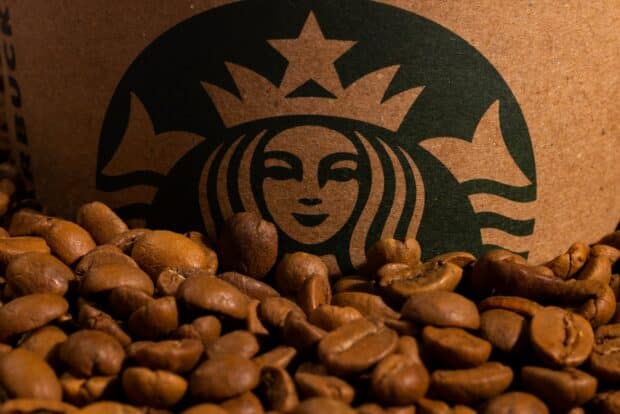A prominent United States consumer advocacy organization today filed a lawsuit against Starbucks Coffee Company alleging deceptive claims regarding ethical coffee sourcing.
The lawsuit, filed on behalf of the National Consumers League (NCL) in the Superior Court of the District of Columbia, alleges that Starbucks has been marketing towards consumer preferences for ethically sourced products, while simultaneously not adequately addressing a series of documented labor abuses within its green coffee supply chain.
The suit additionally alleges that Starbucks’ in-house sustainability certification scheme, called C.A.F.E Practices, has failed to prevent incidences of child labor, forced labor and other labor abuses.
“Over the last decade, investigative reporters and government officials have found extreme abuses on farms and co-ops that supply coffee and tea to Starbucks,” NCL CEO Sally Greenberg said in a call with reporters this morning. “These abuses range from Brazil, to Guatemala, to Kenya. Starbucks has had every chance to correct its ethical sourcing practices and update its C.A.F.E Practices standards, but it has failed to do so. At the same time, Starbucks has made its supposed commitment to ethical sourcing a key part of its brand identity and marketing.”
At issue in the lawsuit is the marketing language Starbucks uses on its roasted and packaged coffee products, such as coffee bags and K-Cup boxes. Prominently displayed on all those products is the phrase “committed to 100% ethical sourcing.”
A Starbucks spokesperson told DCN that the company is aware of the lawsuit and plans to “defend against the asserted claims that Starbucks has misrepresented its ethical sourcing commitments” to consumers.
“We take allegations like these extremely seriously and are actively engaged with farms to ensure they adhere to our standards,” the spokesperson stated. “Each supply chain is required to undergo reverification regularly and we remain committed to working with our business partners to meet the expectations detailed in our Global Human Rights Statement.”
In 2015, as the lead sponsor of the Specialty Coffee Association of America (now SCA) event in Seattle, Starbucks first made the claim that it had achieved “99% ethical sourcing” in its coffee supply chain.
The company has in many ways been a pioneer in sustainable coffee sourcing and development. It operates at least 10 “farmer support centers” globally, providing regional agronomy services and technical support. The company has also routinely invested in sustainability initiatives, such as a recent $50 million investment in water funds and a $20 million pledge to coffee farmers suffering from the coffee price crisis in 2018.
However, the NCL lawsuit cites numerous reports of labor abuses alleged in Starbucks’ coffee and tea supply chains, including a 2023 report from Repórter Brasil that found labor violations on four C.A.F.E. Practices-certified farms in the Minas Gerais region of Brazil.
A 2020 report from the UK’s Channel 4’s Dispatches found instances of alleged illegal child labor on farms supplying both Starbucks and Swiss food giant Nestlé.
Starbucks is not alone in facing allegations of labor abuses within its supply chain. In Brazil alone, Repórter Brasil has exposed alleged abuses among coffee suppliers to Nestlé, McDonald’s and others.
“Starbucks’ failure to adopt meaningful reforms to its coffee and tea sourcing practices in the face of these critiques and documented labor abuses on its source farms is wholly inconsistent with a reasonable consumer’s understanding of what it means to be ‘committed to 100% ethical’ sourcing,” the complaint from the NCL states.
Questions? Comments? Complaints? Reach DCN’s editors here.
Nick Brown Nick Brown is the editor of Daily Coffee News by Roast Magazine.


